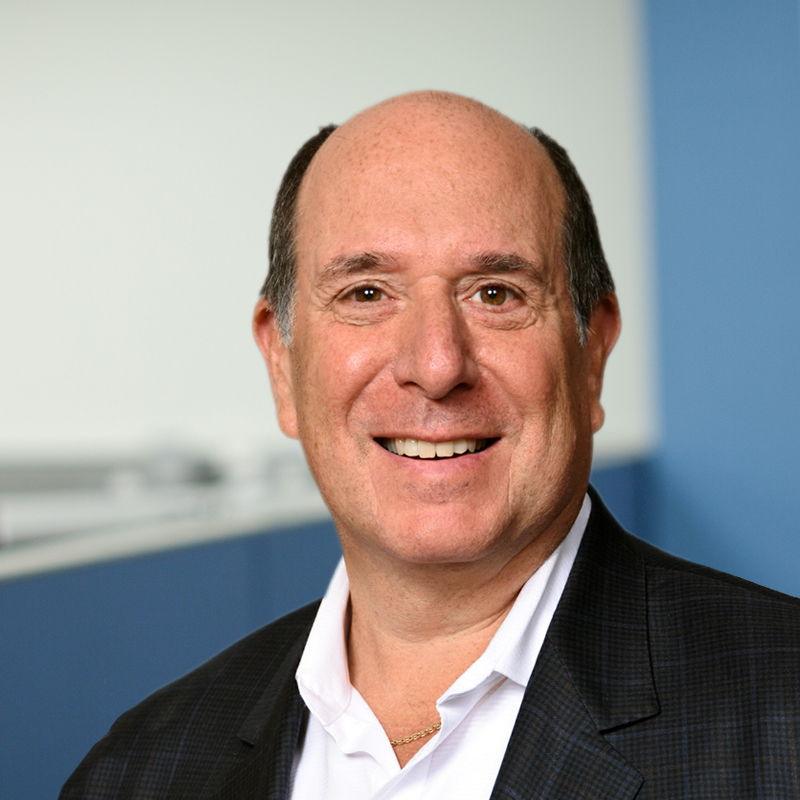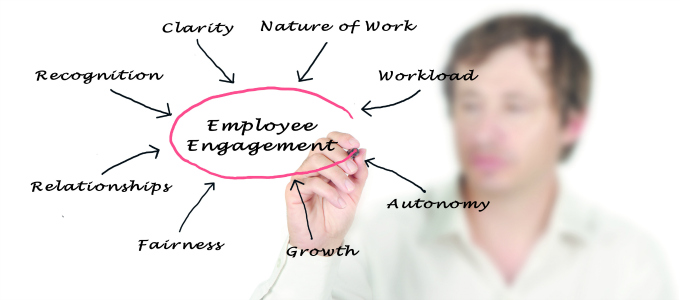Workplace Culture
Kronos CEO Aron Ain Urges Companies to Inspire Employees With a Strong Workplace Culture
By Rick Bell
Nov. 23, 2018

Aron Ain, the CEO of workforce management software company Kronos Inc., released his debut book, “WorkInspired: How to Build an Organization Where Everyone Loves to Work,” in October.
Ain discusses how prioritizing employees is beneficial for an entire company. Workforce Editorial Associate David Chasanov spoke with Ain and found out what workplace elements are most important to him as a leader.
Workforce: Where does building a workplace culture begin? Is it at the top, or is it employee-centric?
Aron Ain: At the top. If the CEO and leadership don’t believe, encourage or support [workplace culture], it’s not effective. [At Kronos], if people know it’s important to me, people take it seriously. There’s safety in making sure employees are looked after and encouraged to have the right balance in their life. There’s safety in giving active feedback about how we can do better. I can’t imagine you would have great engagement in your company if people at the top don’t believe in that deeply.
WF: The old saying about employee turnover is that “employees don’t leave companies, they leave managers,” do you believe that to be true and how do you prevent that from happening at Kronos?
Ain: Absolutely true. People join companies because of the company. They leave because of who they work for. At Kronos we’re deeply focused on making sure all managers know their impact. Twice a year, our managers are rated by people on their team and how effective they are. It’s a manager effectiveness index (MEI). MEI holds managers accountable and improves their leadership, so we don’t have situations where great people leave because they’re not happy about who they work for.
WF: What’s your philosophy on performance reviews and how do they play into employee engagement?
Ain: I deeply believe in it. At Kronos, managers with the highest effectiveness index scores have the lowest turnover and highest engagement and [vice versa]. We make sure we do what’s necessary to create an environment where people are engaged. We try to hire above-average people. We want people who will make a difference. If you hire great people you need an environment where people are engaged, or else they will leave because they are great people.

Ain: Absolutely not. What’s most important to us is that the workplace should be a place where people have a great career opportunity, where they feel they have a great manager who respects them and helps them grow. It’s a place where they have confidence in the future, where they’re learning and growing, they enjoy their co-workers, people are making a difference with customers. If a place is a fun place to work but they’re working for a miserable manager, they’re out of here.
WF: What’s the difference between an established company and a startup?
Ain: An established company has various processes and functions in place to do a lot of the work. At a startup … you’re learning as you go. You don’t have time and resources to have a dedicated HR group, a group focused on legal aspects, financial services or marketing. You don’t have resources for training programs or creating a good environment. Not that you can’t, but it’s difficult.
WF: Are you a rah-rah leader or lead-by-example type of leader?
Ain: Both. I’m very communicative. I do video blogs all the time with employees, I talk to people all the time, I make sure when I’m walking through the halls or on the elevator that I don’t have my nose in my cellphone and I have my head up and I’m saying hello and talking to people. I visit Kronos offices around the world, and the first thing I do is go and say hello to everyone in the office. In India, where there’s about 1,000 people, it takes me a whole morning to go shake hands and say hello.
WF: What’s your favorite element to implement in making the workplace culture a fun community?
Ain: Having a great place where great people can come to work and enjoy what they’re doing. A place where they can also have balance in their lives. I love when I tell people that if the most important thing in their life is working for Kronos, they have their priorities mixed up. People get uncomfortable at first when they hear that, but then they end up believing in it because I keep repeating it to them.
WF: Kronos is located in the Boston area. Talk about major sports franchises in Boston and how they’ve built a culture in their organizations. What can people learn from them in terms of building a successful franchise?
Ain: I’m not super familiar with the inner workings of Boston franchises. But look at what the Patriots have done. From everything I can tell from a distance, they appear to have a focus on the end game. I appreciate most how they deal with difficult decisions actively. If they need to make personnel decisions, they do it. They don’t sit on things. I think we’re similar in that way.
WF: What is a common misconception in the business world right now?
Ain: The whole thing about what makes a company successful or what impact people have on making a company successful. People think having the magic product will make all the difference. The problem is you can’t deliver great products without great people. People say what comes first, the chicken or the egg, and in my world, what comes first is great people. It’s crystal clear. Once you have great people, you must work hard to do all the components to motivate people to want to stay.
Schedule, engage, and pay your staff in one system with Workforce.com.
Recommended
Compliance
Minimum Wage by State (2024)federal law, minimum wage, pay rates, state law, wage law compliance
Staffing Management
4 proven steps for tackling employee absenteeismabsence management, Employee scheduling software, predictive scheduling, shift bid, shift swapping
Time and Attendance
8 proven ways to reduce overtime & labor costs (2023)labor costs, overtime, scheduling, time tracking, work hours
